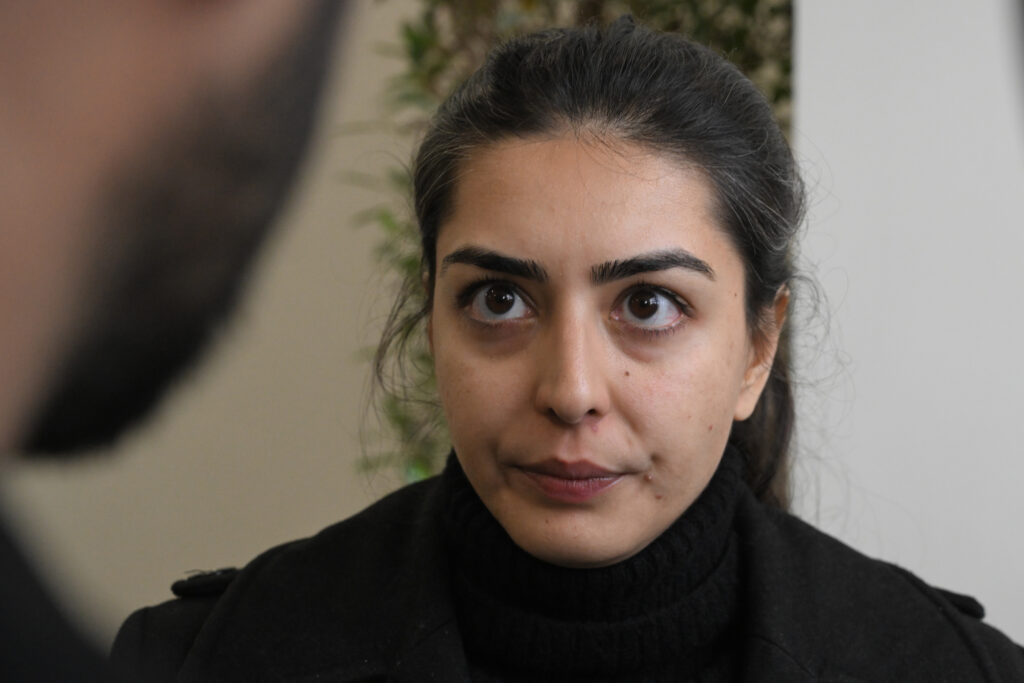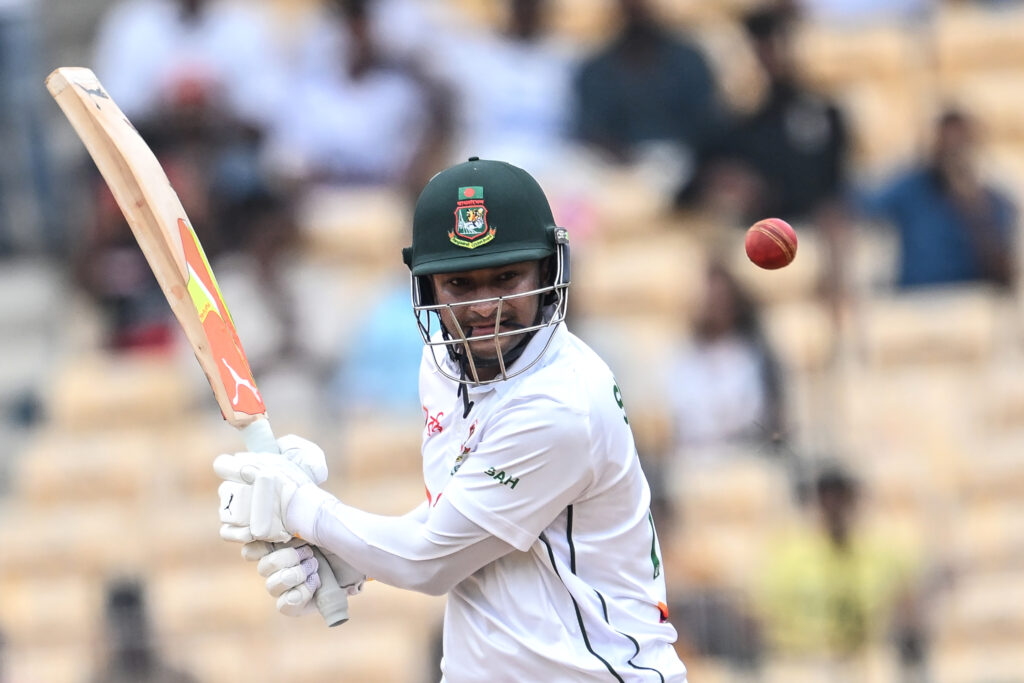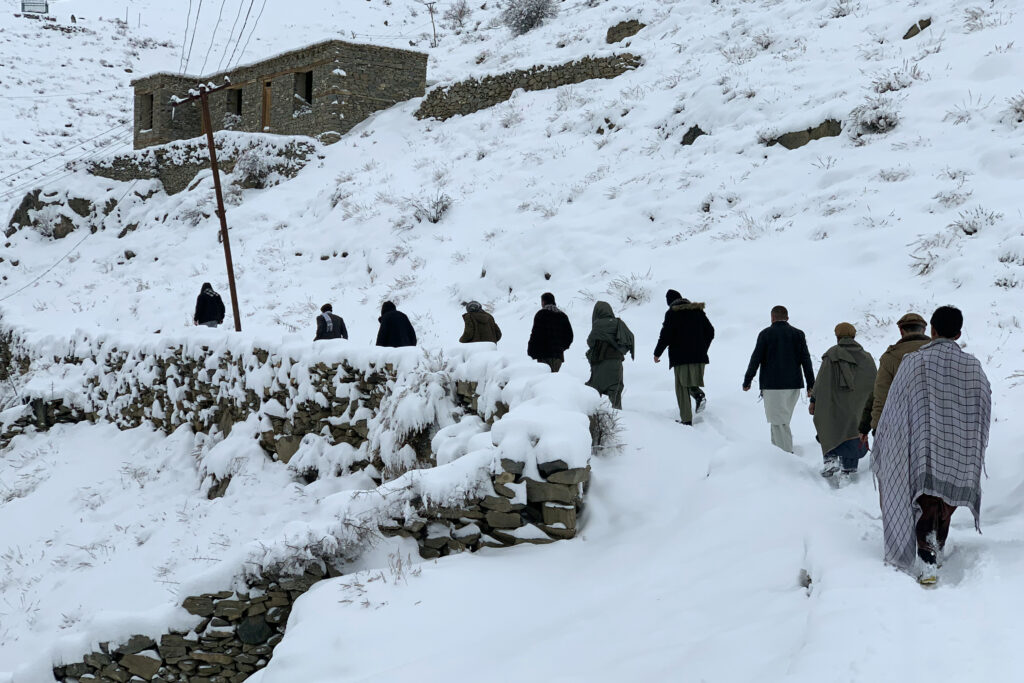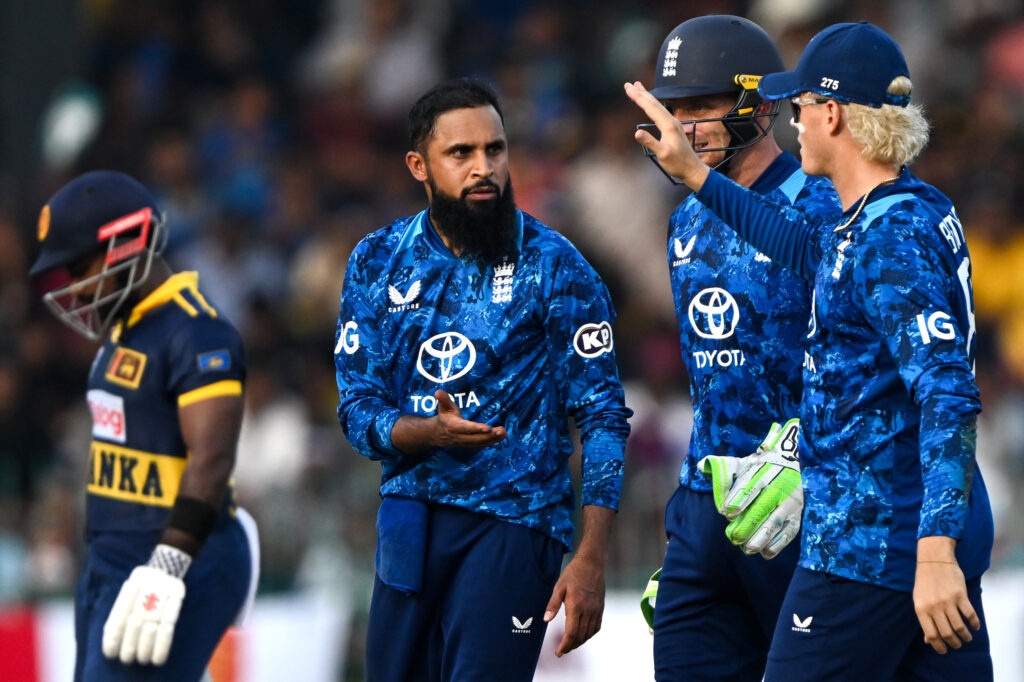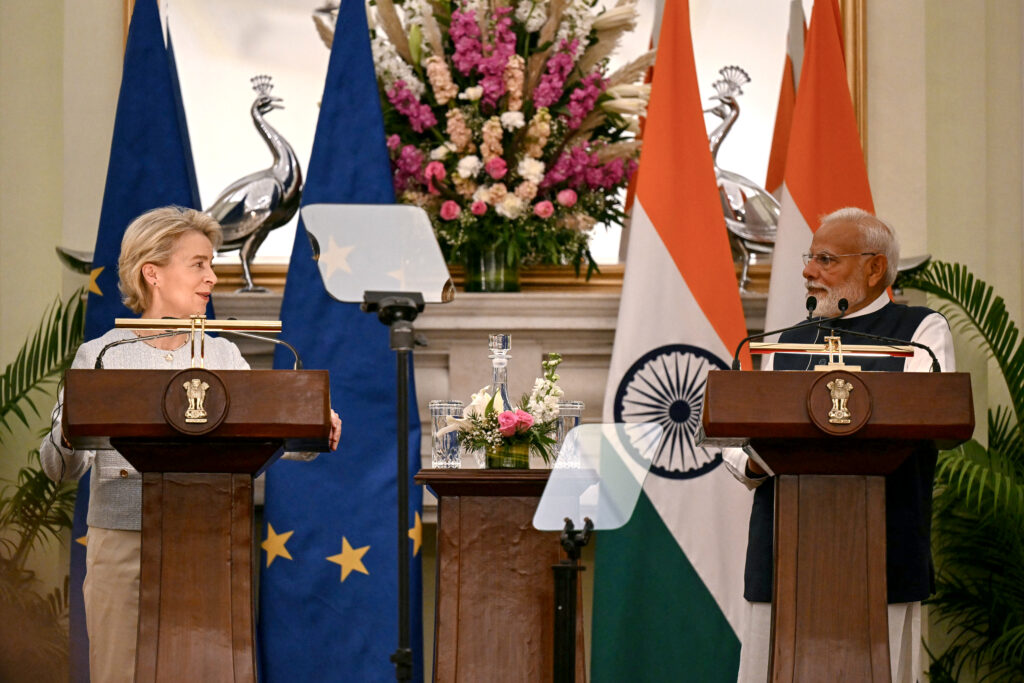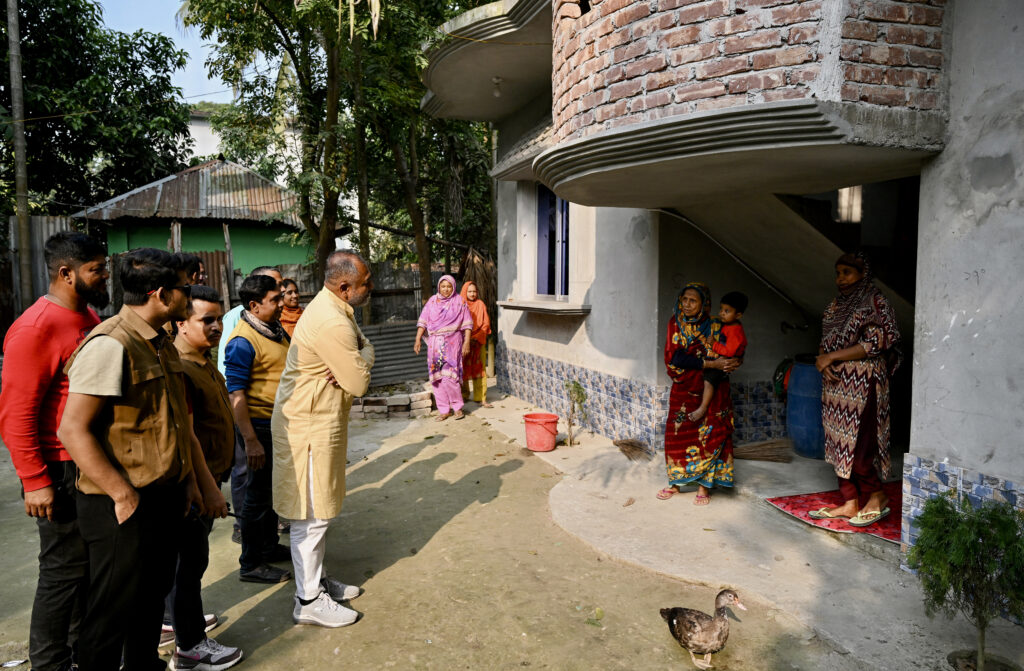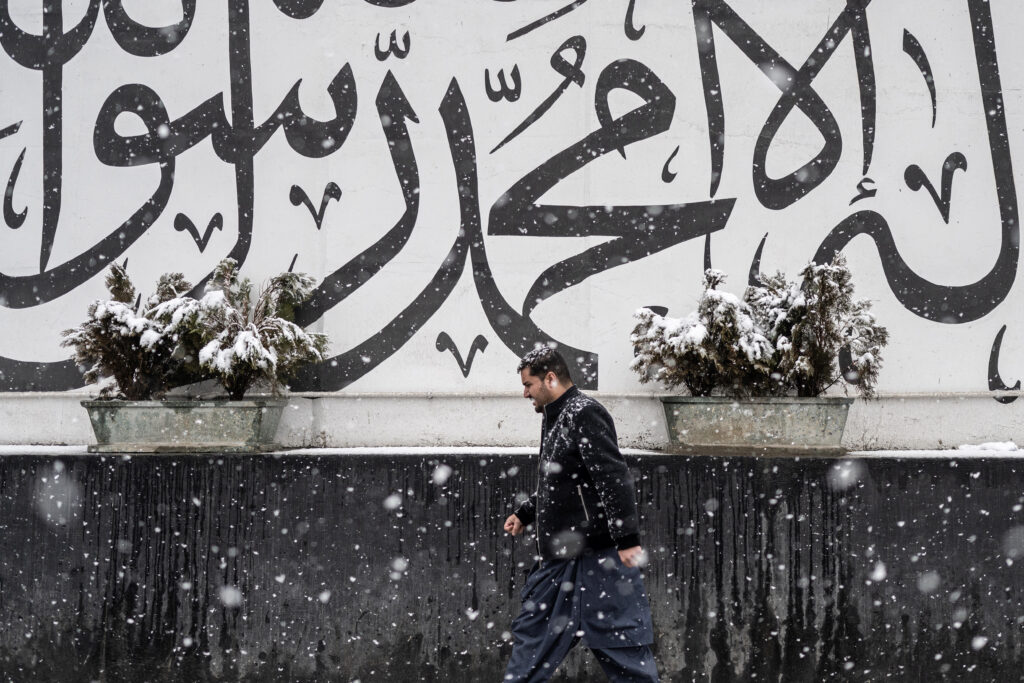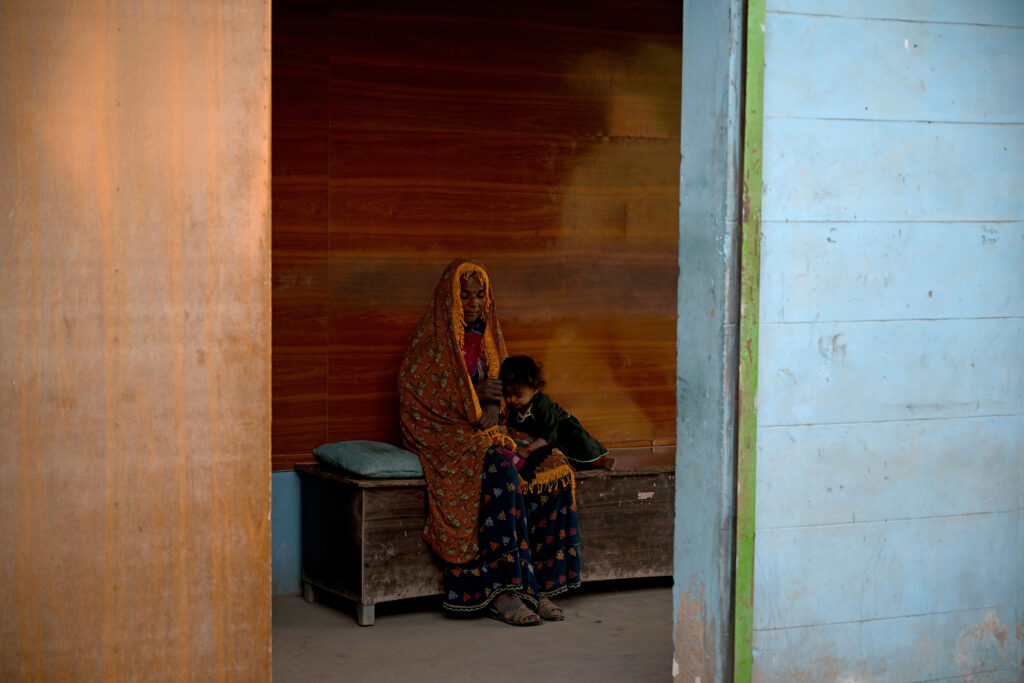Defiance as a profession: Pakistan’s jailed lawyer Imaan Mazari
No amount of pressure, cyberbullying or arrest warrants has so far succeeded in silencing one of Pakistan’s most prominent dissidents, the human rights lawyer Imaan Mazari. She vows not to let a prison term dealt this weekend dent her resolve either. The 32-year-old shot to prominence tackling some of the country’s most sensitive topics while defending ethnic minorities, journalists facing defamation charges and clients branded blasphemers. As Mazari’s reputation grew, so too did her own rap sheet, with charges including “cyber terrorism” and “hate speech”. On Saturday, an Islamabad court handed her and her husband, fellow lawyer Hadi Ali Chattha, 10-year jail terms over “anti-state” social media posts. The vocal critic of Pakistan’s military “disseminated highly offensive” content, according to a court document. The sentencing came a day after the couple were arrested again as they were heading to a court hearing to face the charges.- ‘We will not back down’ -“Truth seems overwhelmingly difficult in this country,” Mazari said in court on Tuesday.”But we knew that when we got into this work, we’re ready to face that,” she told AFP. “We will not back down.”Her refusal to yield has led to comparisons with Pakistan’s late leading human rights lawyer Asma Jahangir, which Mazari said is “a huge honour and a privilege”.Mazari is the daughter of Pakistan’s former minister for human rights, Shireen Mazari, while her late father was the South Asian country’s top paediatrician.Her mother told AFP that it had been difficult for the family to cope with the threats they were facing because of her daughter’s defence of the “dispossessed and marginalised”, a cause she said made her proud.”When so many people are suffering, we expect she will also be made to suffer for speaking out against excesses to human rights,” she said.- ‘A constant challenge’ -As a pro bono lawyer, Mazari has worked on some of the most sensitive cases in Pakistan, including the enforced disappearances of ethnic Balochs, as well as defending the community’s top activist, Mahrang Baloch.She also represented those accused of blasphemy — an incendiary charge — as well as Afghans who face crackdowns by the authorities.Changes to the constitution and hasty legislation passed by parliament have pushed Pakistan towards tighter state control, with diminishing political and civil rights.Asad Ali Toor, a journalist Mazari represented in multiple cases, said she proved “a constant challenge for the state”.”Because she is representing everybody who is directly or indirectly on the receiving end of the state,” he told AFP.”Despite coming from a very well-off family, she has made her life considerably more difficult through the choices she has made about her activism,” he said.- ‘We will keep fighting’ -The University of Edinburgh graduate has also faced sexist remarks and doctored photos circulated on social media, in a country where women’s participation in the workplace remains low.Mazari was honoured in 2025 with the Young Inspiration Award by the World Expression Forum for her “extraordinary courage, integrity, and impact in the struggle for the rule of law and justice”.The same year, the UN special rapporteur for human rights defenders said the cases against her “appear to reflect an arbitrary use of the legal system to harass and intimidate”.Mazari was targeted in a January 2026 news conference by Pakistan’s military spokesman, who shared one of her X posts while building a case against “hidden elements committing subtle crimes”.”They operate under the guise of democracy and human rights to promote terrorism,” Lieutenant General Ahmed Sharif Chaudhry said.Despite such accusations, Mazari vowed to continue her work along with her husband.”We’re not the first people who will be unlawfully incarcerated in this country,” she told AFP.”We will keep fighting.”
